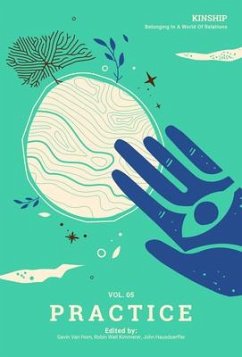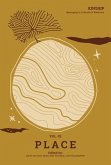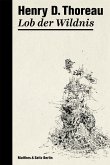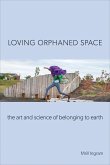Volume 5 of the Kinship series revolves around the question ofpractice: What are the practical, everyday, and lifelong ways we become kin? We live in an astounding world of relations. We share these ties that bind with our fellow humansand we share these relations with nonhuman beings as well. From the bacterium swimming in your belly to the trees exhaling the breath you breathe, this community of life is our kinand, for many cultures around the world, being human is based upon this extended sense of kinship. Kinship: Belonging in a World of Relations is a lively series that explores our deep interconnections with the living world. These five Kinship volumesPlanet, Place, Partners, Persons, Practiceoffer essays, interviews, poetry, and stories of solidarity, highlighting the interdependence that exists between humans and nonhuman beings. More than 70 contributorsincluding Robin Wall Kimmerer, Richard Powers, David Abram, J. Drew Lanham, and Sharon Blackieinvite readers into cosmologies, narratives, and everyday interactions that embrace a more-than-human world as worthy of our response and responsibility. These diverse voices render a wide range of possibilities for becoming better kin. From the perspective of kinship as a recognition of nonhuman personhood, of kincentric ethics, and of kinship as a verb involving active and ongoing participation, how are we to live? Practice, Volume 5 of the Kinship series, turns to the relations that we nurture and cultivate as part of our lived ethics. The essayists and poets in this volume explore how we make kin and strengthen kin relationships through respectful participationfrom creative writer and dance teacher Maya Wards weave of landscape, story, song, and body, to Lakota peace activist Tiokasin Ghosthorses reflections on language as a key way of knowing and practicing kinship, to cultural geographer Amba Sepies wrestling with how to become kin when ancestral connections have frayed. The volume concludes with anamazing and spirited conversation between John Hausdoerffer, Robin Wall Kimmerer, Sharon Blackie, Enrique Salmon, Orrin Williams, and Maria Isabel Morales on the breadth and qualities of kinship practices.
Bitte wählen Sie Ihr Anliegen aus.
Rechnungen
Retourenschein anfordern
Bestellstatus
Storno








